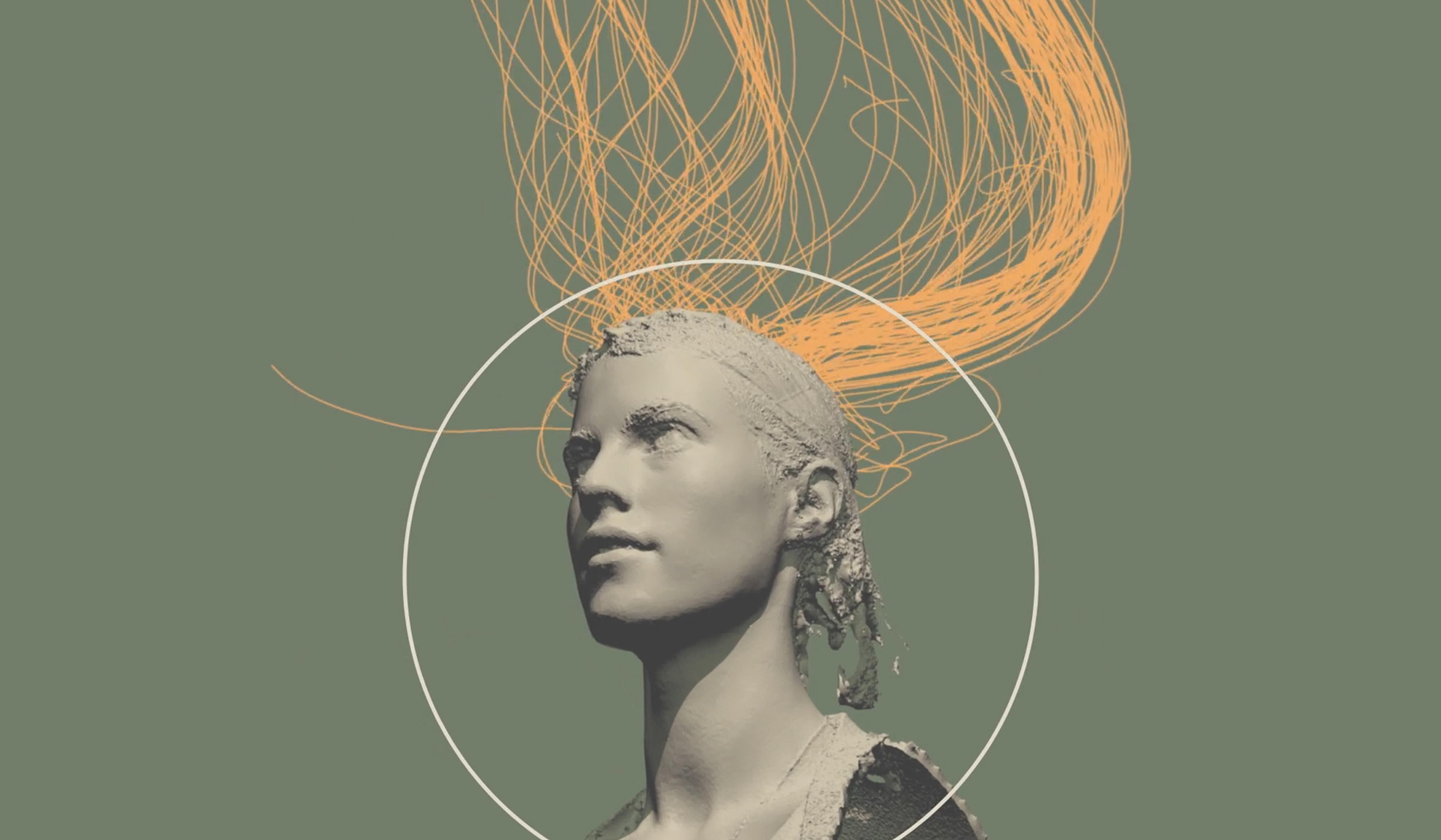Longstanding debates on the ethics of animal experimentation have become only more complicated with the rise modern medicine. Mounting evidence suggests that many more animals than previously known possess a sense of self, the ability to reason, and a capacity to suffer. Given what scientists have learned about the expansive inner worlds of nonhuman animals, to what extent can they justify experimenting on them for the potential good of humans – especially when the subjects are some of our closest relatives in the animal kingdom? A collaboration between TED-Ed and the Parr Center for Ethics at the University of North Carolina at Chapel Hill, this animation frames the debate around the ongoing US government-funded research for improved smallpox vaccines, which uses monkeys as test subjects. From this starting point, the video traverses the views of philosophers across the centuries on the moral status of nonhuman animals, set against their potential worth for human benefit.
How many monkeys is it worth sacrificing to save a human life?

videoBioethics
What a 1970 experiment reveals about the possibility and perils of ‘head transplants’
6 minutes

videoCognition and intelligence
How a ‘periodic table’ of animal intelligence could help to root out human bias
5 minutes

videoBioethics
For some, animal testing is ‘just science’. For others, it’s just not right
17 minutes

videoLanguage and linguistics
Do button-pushing dogs have something new to say about language?
9 minutes

videoAgeing and death
We’re not the only animals that appear to grieve. What are the implications?
6 minutes

videoNeuroscience
What is your dog really thinking? MRI brain scans might soon provide the answer
7 minutes

videoSocial psychology
Don’t misread Darwin: for humans, ‘survival of the fittest’ means being sympathetic
5 minutes

videoPhilosophy of mind
We may never settle the ‘free will’ debate, but tapping into it is still worthwhile
32 minutes

videoAnimals and humans
Are zoos and natural history museums born of a desire to understand, or to control?
57 minutes